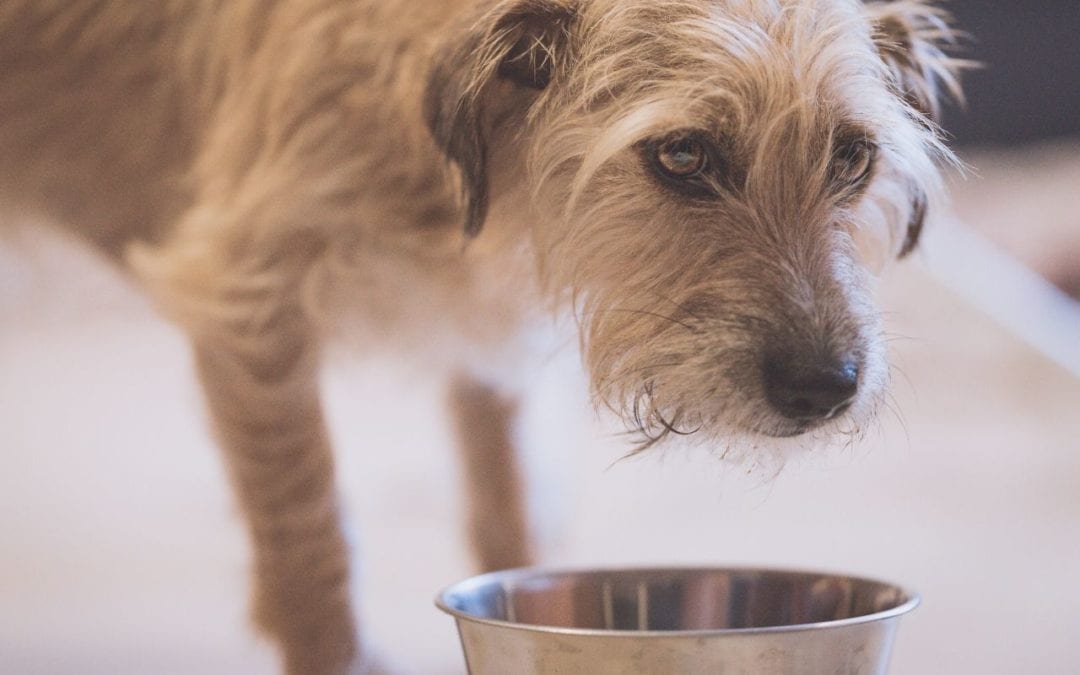Cancer is a devastating disease in both pets and people. Few things are more disheartening than hearing that your pet has a cancer diagnosis. Making things even tougher is the confusion over treatment choices as there are so many options to choose from.
My approach to helping pets with cancer revolves around supporting the body’s natural ability to heal rather than just attacking the cancer. Without a doubt, the most important aspect of this support is appropriate nutrition. Consider the fact that everything your pet eats becomes integrated into the cells in its body. Don’t you want to feed it to create healthy cells, and not more cancer cells?
What is the best diet for a pet with cancer? My answer to this question doesn’t actually vary much from what I recommend for all dogs and cats. Fresh, whole foods, fed raw when possible is the healthiest diet for all pets. The difference is that this nutritional approach becomes even more crucial when we are treating cancer. Why?
In the early 1900’s, Dr Otto Warburg determined that cancer cells use a fermentation process for energy that must have glucose as a fuel source. Since all carbohydrates are broken down into sugars, they will, inevitably, feed cancer cells. For more information on this concept, read Tripping over the Truth by Travis Christofferson, MS or watch this discussion with Dr David Pearlmutter and Dr Thomas Seyfried:
https://www.drperlmutter.com/the-empowering-neurologist-david-perlmutter-md-and-dr-thomas-seyfried/ In 1931, Dr Warburg won the Nobel Prize for his work with cell physiology: https://www.nobelprize.org/prizes/medicine/1931/warburg/facts/.
How does this information help you choose the best diet for your pet? Consider that most commercial pet foods contain about 50% carbohydrates such as potatoes, grains, lentils, peas and other starches. All of these ingredients break down into sugar in the blood stream, and this sugar then feeds cancer cells, per Dr Warburg’s research. Not only do these high-carb diets feed cancer cells, but these same ingredients also spike insulin levels that promote inflammation in the body. In addition, kibble diets are processed at very high temperatures which can destroy nutrients, and make some ingredients such as fat rancid. For more information, see my blog article: https://ahavet.com/raw-vs-kibble/
When choosing a diet for a pet with cancer, there are 2 key concepts to keep in mind:
- Eliminate all high-glycemic carbohydrates such as potatoes, grains, lentils, beans, peas and soy that are metabolized into sugar that then feeds cancer cells.
- Feed a properly balanced, fresh food diet. The exact approach here will vary with the needs of the individual pet so we recommend seeking expert advice to get you started. I do not recommend home-prepared fresh food feeding unless you have a good deal of experience in balancing such a diet.
There are currently a number of commercial diets on the market that claim to be low-carb, ketogenic and /or appropriate for pets with cancer. When I read the ingredients on most of these foods, they are not much different from other processed diets. It is important to read food ingredients carefully and do not buy into the marketing hype that these diets will benefit cancer patients. Any diet that contains a significant amount of carbohydrate will, in fact, feed cancer cells.
The other fact about grains, beans and lentils is that they are often sprayed with glyphosate (Round-Up) at the time of harvest to help them dry faster. Glyphosate is a known carcinogen, so feeding these ingredients can directly cause cancer in your pets. For more details on the risks of glyphosate, read here: https://www.dogsnaturallymagazine.com/is-roundup-safe-for-dogs/
Remember to read all labels carefully and do not buy into marketing claims on the packaging as sometimes that is all they are. Remember also that ingredients will sometimes change over time, so the same brand may not contain the same ingredients. Always avoid ingredients such as grains, potatoes, lentils, peas, or pea protein. If your pet is healthy and you would like to prevent disease, follow this same protocol.
Choosing the best diet for your pet can feel overwhelming, but we are here to help. We offer both nutritional and comprehensive medial consultations.
Contact us today to help your pet live the best life possible!


